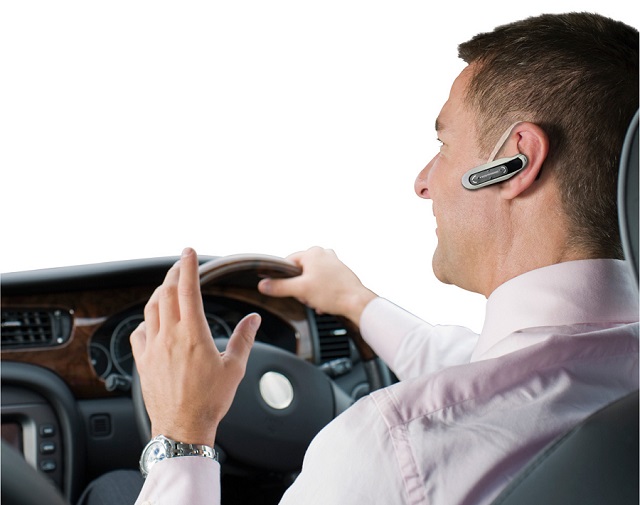
How safe is that?
Kampala, Uganda | MOTORING GURU | Under the Traffic and Road Safety (Restriction of Use of Mobile Telephones) Regulations, 2004, the use of mobile telephone while driving is restricted and punishable by law in Uganda.
Under the regulation, a person shall not—(a) while driving a motor vehicle, use a hand-held mobile telephone; or (b) while instructing a learner driver, in the process of driving, use a hand-held mobile telephone.
According to the regulation, any person who contravenes it is liable, on conviction, to a fine of not less than five currency points (Shs100,000) and not exceeding ten currency points (Shs200,000), or to imprisonment not exceeding on year, or both.
Interestingly, the regulation makes the following exemption: “A person does not contravene regulation 3, if he or she is using a hands free kit or similar device inserted to the mobile telephone.”
This exemption is interesting in light of what is known about the impact on driver concentration while using a hands free device. Many experts have argued that use of hands-free mobile phones should be regulated in the same manner as use of the hand-held mobile phone. They argue that using any phone while driving is a major cause of distraction, irrespective of whether the call is hands-free or not, legal or illegal. They say that chances of having an accident while using a hands-free phone increase four-fold.
Scientists at the University of Sussex in 2016 conducted studies that showed that drivers using a phone in its hands-free mode are as distracted as when holding it. They discovered that phone conversations cause the driver to visually imagine what they are talking about and that this activity uses the same part of the brain as normally used to watch the road. The effect of the distraction is almost the equivalent of driving at the threshold of the drink drive limit. It means the chances of you having an accident using hands-free increases four-fold. The stakes are just too high.
Often, such people are busy business owners or managers who use the car as an extension of the office. They negotiate deals, set up appointments, or teleconference while driving. On the social from, many are individuals involved in critical relationship discussions and even emergencies.
In reality, they are involved in conversations that require concentration. One expert in Britain said according to an online report: “If you’re just talking, you’re thinking about your conversation, the journey has gone and you don’t remember those last 20 miles.
“It is time the Government acted to put an end to the menace of hands-free and they need to impose a penalty commensurate with drink driving.”
Another study sponsored by AAA Foundation for Traffic Safety in the U.S., has given the latest “up-to-date risk estimates related to the most common ways drivers use smartphones while behind the wheel. It says texting while driving increases the odds of a crash two to eight times, while driving and talking on mobile devices—even handsfree—makes an accident four times as likely.
It confirmed that drivers who engage in visual-manual tasks while behind the wheel elevate their risk of a crash. In the AAA’s view, any tasks that require them (drivers) to take their eyes or attention off the road is a distraction and should be avoided while the vehicle is in motion; this includes the use of handheld or hands-free cell phones.
 The Independent Uganda: You get the Truth we Pay the Price
The Independent Uganda: You get the Truth we Pay the Price


